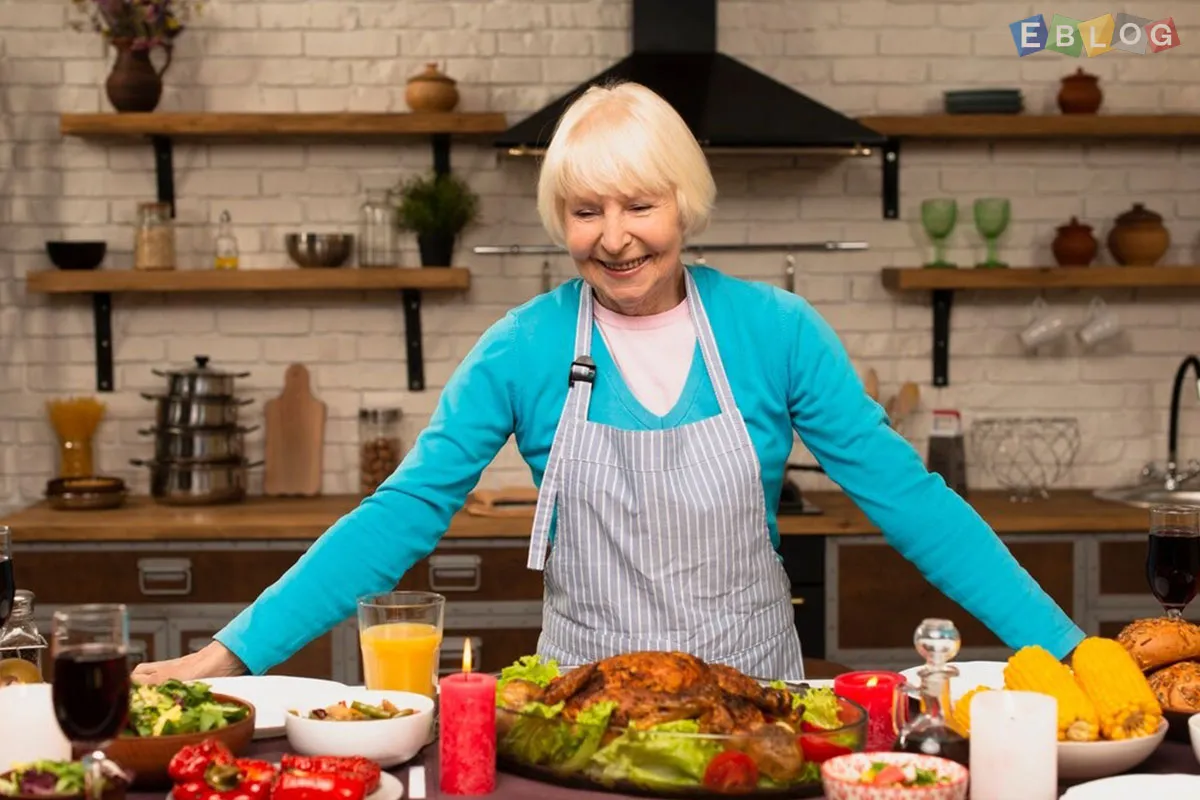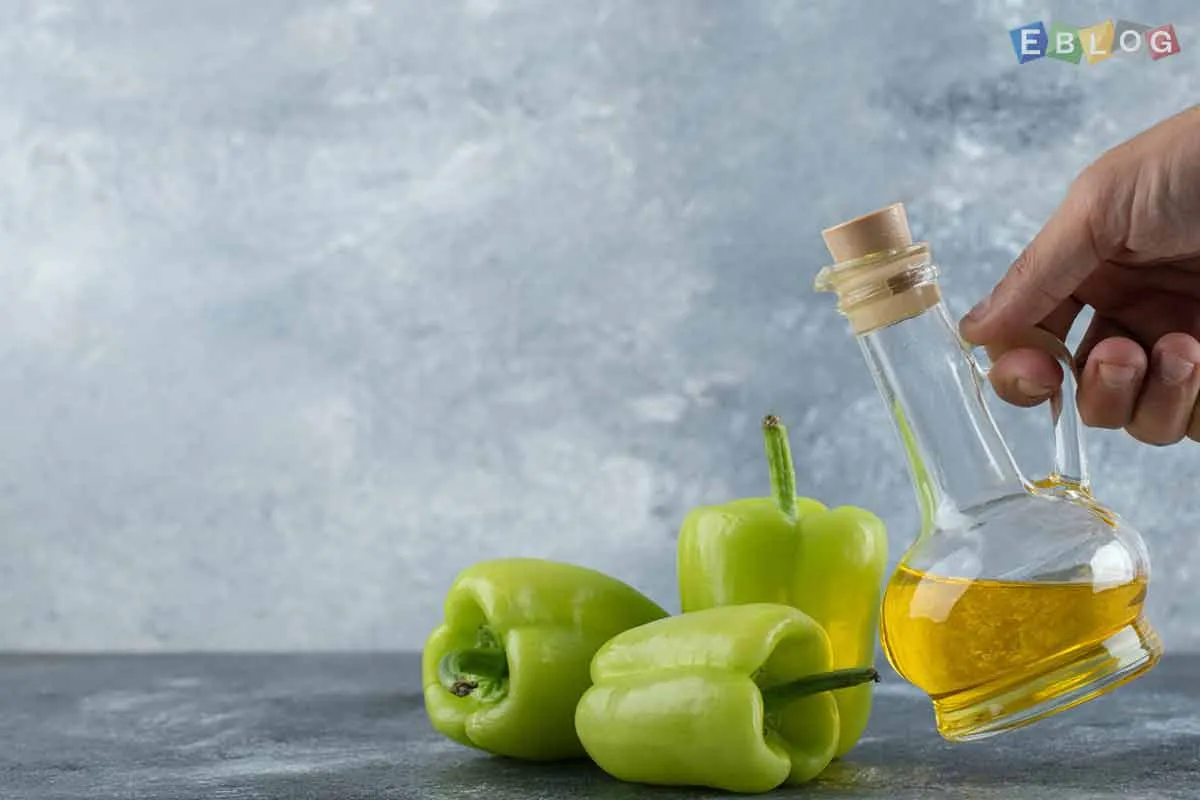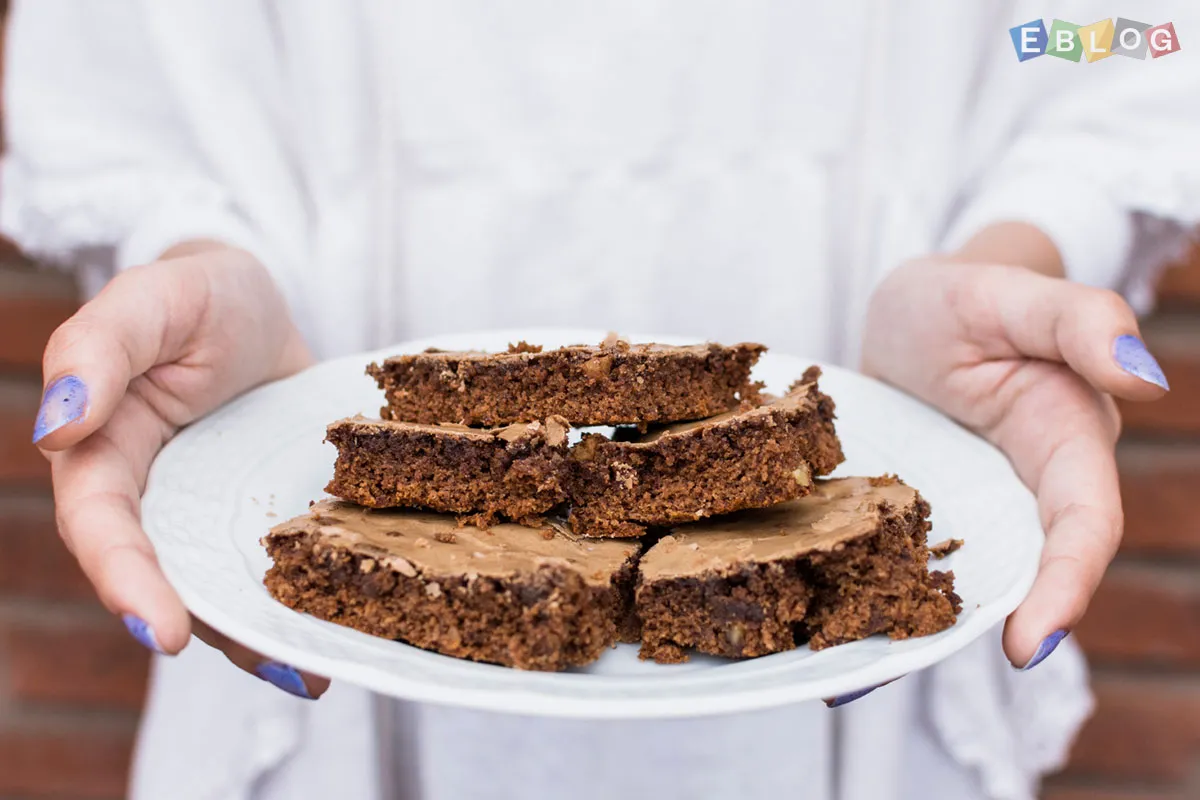
Top Nutrient Dense Foods For Seniors
- 02 Aug, 2024
- Food
- 573 Views
- 0 Comments
As we age, maintaining a balanced diet becomes increasingly crucial for health and vitality. Nutrient-dense foods, packed with vitamins, minerals, and other essential nutrients, play a vital role in promoting wellness and preventing chronic diseases in seniors. Here’s a guide to some of the top nutrient-dense foods to help seniors stay healthy and active.
1. Leafy Greens
Leafy greens like spinach, kale, and Swiss chard are powerhouses of essential nutrients. They are rich in vitamins A, C, and K, fiber, and iron. These vegetables support eye health, bone strength, and overall immune function.
Tip: Add a handful of leafy greens to soups, salads, and smoothies for an easy nutrient boost.
2. Berries
Berries such as blueberries, strawberries, and raspberries are loaded with antioxidants, vitamins, and fiber. They help reduce inflammation, improve brain function, and lower the risk of heart disease.
Tip: Enjoy berries as a snack, in yogurt, or blended into a refreshing smoothie.
3. Fatty Fish
Fatty fish like salmon, mackerel, and sardines are excellent sources of omega-3 fatty acids, which are crucial for heart and brain health. They also provide high-quality protein and vitamin D.
Tip: Aim to include fatty fish in your diet at least twice a week for optimal benefits.
4. Nuts and Seeds
Nuts and seeds, including almonds, walnuts, chia seeds, and flaxseeds, are packed with healthy fats, protein, fiber, and essential minerals. They support heart health, brain function, and help in managing weight.
Tip: Sprinkle nuts and seeds on salads, and oatmeal, or enjoy them as a snack.
5. Whole Grains
Whole grains such as quinoa, brown rice, oats, and barley are rich in fiber, B vitamins, and essential minerals like magnesium and iron. They aid in digestion, stabilize blood sugar levels, and provide sustained energy.
Tip: Replace refined grains with whole grains in your meals to maximize nutrient intake.
6. Legumes
Legumes, including beans, lentils, and chickpeas, are excellent sources of plant-based protein, fiber, iron, and folate. They support heart health, improve digestion, and provide a steady energy supply.
Tip: Incorporate legumes into soups, stews, and salads for a protein-packed meal.
7. Dairy or Dairy Alternatives
Dairy products like yogurt, milk, and cheese, as well as fortified plant-based alternatives, provide calcium, vitamin D, and protein. These nutrients are essential for maintaining bone health and muscle function.
Tip: Choose low-fat or fortified plant-based options to meet your calcium and vitamin D needs.
8. Colorful Vegetables
Vegetables such as carrots, bell peppers, and tomatoes are rich in vitamins, minerals, and antioxidants. They support eye health, boost immunity, and reduce the risk of chronic diseases.
Tip: Include a variety of colorful vegetables in your diet to ensure a wide range of nutrients.
9. Eggs
Eggs are a versatile and nutrient-dense food, providing high-quality protein, vitamins D and B12, and choline. They support brain health, muscle function, and provide essential nutrients for overall wellness.
Tip: Enjoy eggs in various forms—boiled, scrambled, or as an omelet—for a quick and nutritious meal.
10. Avocados
Avocados are rich in healthy monounsaturated fats, fiber, and potassium. They support heart health, improve digestion, and help in maintaining healthy blood pressure levels.
Tip: Add avocado slices to salads, and sandwiches, or enjoy as a creamy spread on toast.
Conclusion
Incorporating these nutrient-dense foods into the diet can significantly enhance the health and well-being of seniors. A balanced diet rich in vitamins, minerals, and essential nutrients supports healthy aging, boosts immunity, and helps in managing chronic conditions. By making mindful food choices, seniors can enjoy a vibrant and active lifestyle.
Remember, it’s always best to consult with a healthcare provider or a registered dietitian before making significant changes to your diet, especially if you have existing health conditions.















Leave a Reply